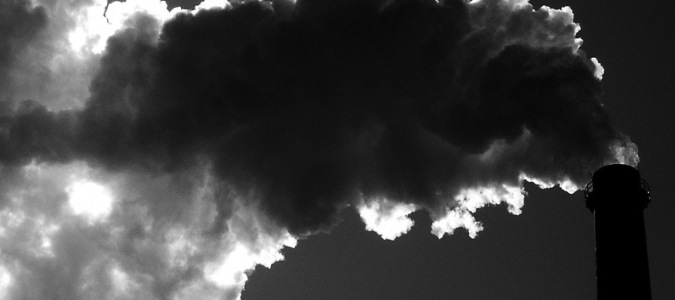
Polluter Pay, Not Tax Cuts
Check out Andrew Jackson’s full article and Chris Ragan’s response.
Progressives will welcome the launch of the Commission, which has put polluter pay squarely at the heart of the policy agenda, and may break a taboo when it comes to talking about pricing carbon. But the first discussion paper shows excessive faith in the power of the market to solve environmental problems.
The paper has a strong bias to recycling the proceeds of polluter pay taxes towards cuts in personal and corporate income taxes.
The claim that the personal income tax discourages work is not well-founded. And recent deep cuts to corporate tax rates have not stimulated new investment as promised.
The argument that new revenues should be used to these taxes ignores the reality that governments need additional resources to fund inadequate social programs and public services. The IMF has suggested that environmental levies could be used to avoid public spending cuts.
The principle of revenue neutrality would, if implemented, undermine the fiscal base needed to fund major new public investments in the environment.
Most serious attempts to develop a policy framework to deal with climate change stress the need for a combination of carbon pricing, public investment, and regulation, rather than exclusive reliance on the former.
For example, reduction of carbon based sources of electricity involves a major shift to renewable sources of energy such as wind and solar power. While carbon pricing can play a major role in making coal, oil and gas less competitive in the market, the development of alternatives has involved government investments in new technologies and measures such as favourable feed in tariffs and subsidies to producers of alternative energy so as to give them an initial market.
To give another example, a carbon tax will raise gasoline prices and create an incentive to purchase more energy efficient vehicles and cut back on unnecessary travel by automobile. But a major transition will also require large investments in public transit. Households are more likely to accept a carbon tax if alternatives are available as gasoline prices rise significantly.
The key point is that major economic and environmental transitions will require major new public investments which will have to be financed from taxes.
One problem of following two different priorities at the same time – polluter pay and tax cuts – is that policy-makers may avoid environmental taxes which generate only modest revenues and promote those which generate the most revenues. But an environmental tax that raises significant revenues is likely to be one that is having only a limited impact on pollution, while an environmentally effective tax may generate little revenue.
Other experts see a more significant role for subsidies and regulations. Vehicle fuel efficiency requirements and energy efficiency standards in building codes have helped reduce the carbon footprint of automobiles and home heating respectively.
With respect to equity issues, the Commission recognizes the need to protect vulnerable groups. But it fails to note that pollution is driven more by the consumption of the rich than by the middle-class and the poor. Polluter pay taxes and any changes to other taxes should, as a combined package, diminish rather than increase income inequality
Good environmental policy will involve some combination of polluter pay, regulation, subsidies and public investments. Polluter pay revenues should not be recycled mainly to tax cuts.
 About the Author
About the Author
Andrew Jackson is a Senior policy adviser at the Broadbent Institute.




Comments are closed.